822. Billy the Kid Versus Dracula (1966) — Torture Cinema #154
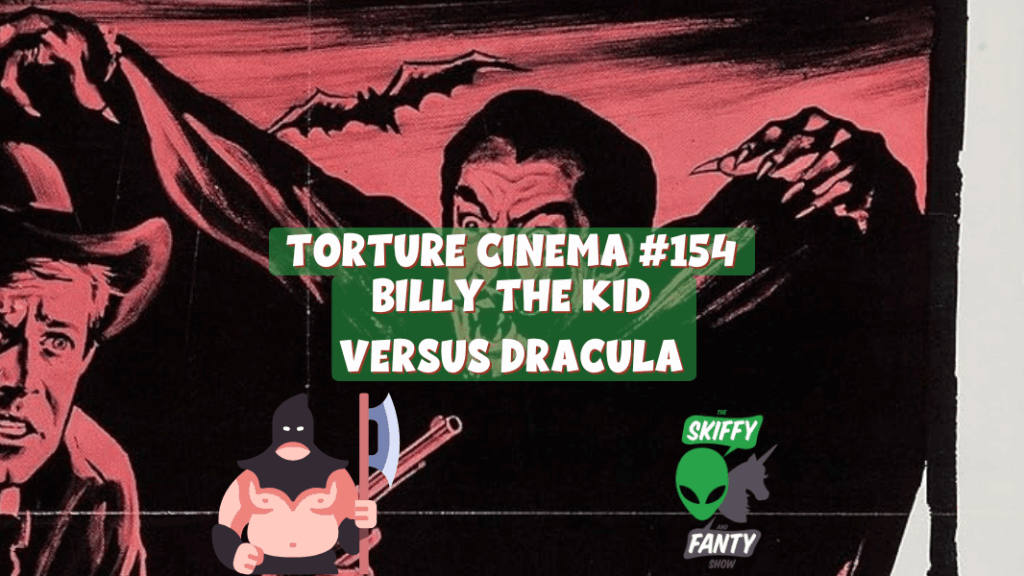
https://media.blubrry.com/skiffyandfanty/dts.podtrac.com/redirect.mp3/archive.org/download/sand-f-822-billy-dracula/SandF_822_BillyDracula.mp3Podcast: Play in new window | DownloadSubscribe: Apple Podcasts | Spotify | Android | Email | TuneIn | Deezer | RSSMilquetoast heroes, creepy uncle Dracula, and stagecoaches, oh my! Shaun Duke, David Annandale, and Daniel Haeusser join forces to discuss 1966’s Billy the Kid Versus Dracula! Together, they talk about how the film got made and its place in cinematic history, why Dracula isn’t named in the film, Carradine’s weird performance, silent films, and so much more! Thanks for listening. We hope you enjoy the episode!
Book Review: THE STARVING SAINTS by Caitlin Starling
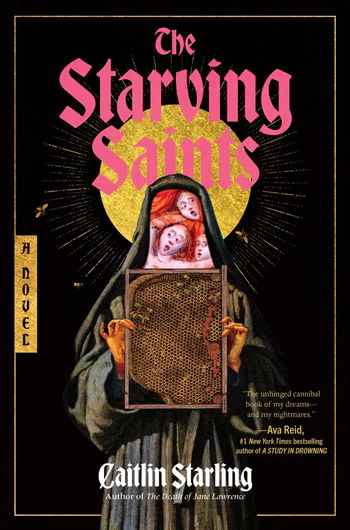
There is a strong layer of familiarity underlying it all, particularly in its vaguely Medieval European setting and fairy story folklore inspirations. But Starling takes these basic ingredients or flavors and cooks them into something unexpected and astounding.
Book Review: EAT THE ONES YOU LOVE by Sarah Maria Griffin
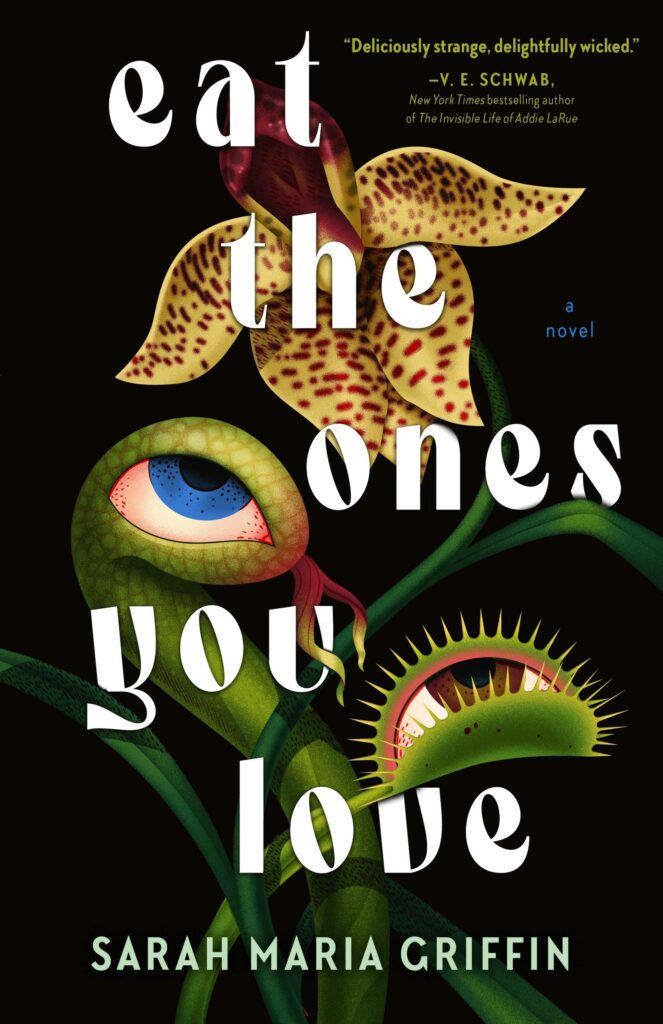
The synopsis for Sarah Maria Griffin’s Eat the Ones You Love would understandably invoke thoughts of Little Shop of Horrors for most people. I also kept thinking about Sue Burke’s Semiosis trilogy, not in terms of the plot, but in the sentient plant character and point-of-view perspective.
Short Fiction Review: March–April 2025
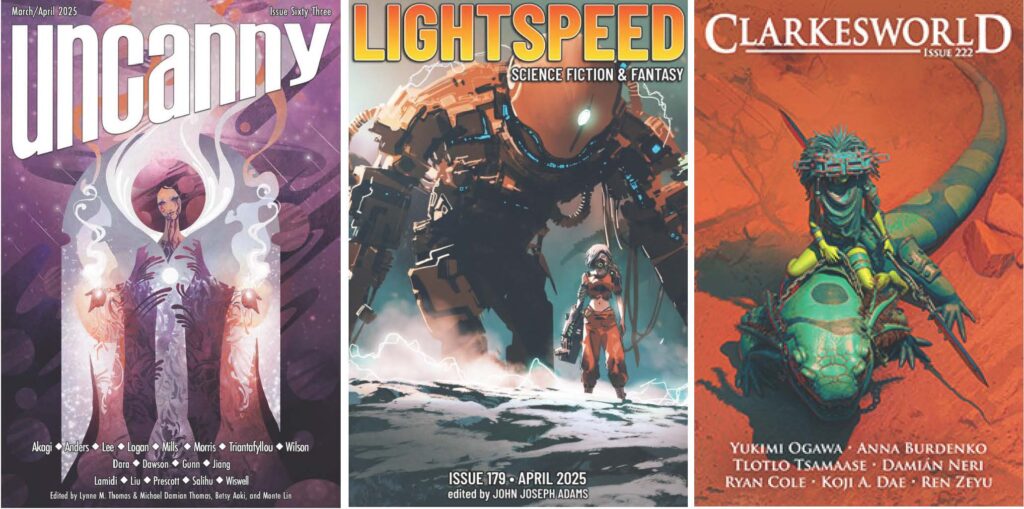
My favorite stories from March and April all lift up the importance of human connection in one way or another.
819. Ugetsu monogatari (1953; dir. Kenji Mizoguchi) — At the Movies
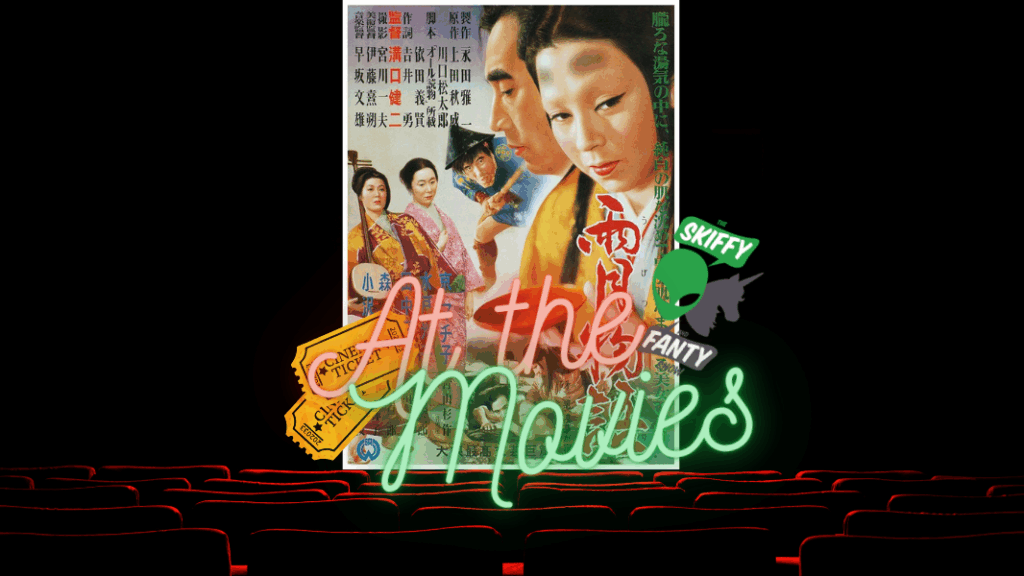
https://media.blubrry.com/skiffyandfanty/dts.podtrac.com/redirect.mp3/archive.org/download/sand-f-819-ugetsu/SandF_819_Ugetsu.mp3Podcast: Play in new window | DownloadSubscribe: Apple Podcasts | Spotify | Android | Email | TuneIn | Deezer | RSSHaunted desires, lakes of death, and agrarian utopias, oh my! Shaun Duke and Daniel Hauesser join forces to discuss Kenji Mizoguchi’s Ugetsu monogatari (1953). Together, they discuss the film’s tragic storyline, the nature of desire and its destructive force, Mizoguchi’s women, the film’s production, and much more! Thanks for listening. We hope you enjoy the episode!
Book Review: Bat Eater and Other Names for Cora Zeng, by Kylie Lee Baker
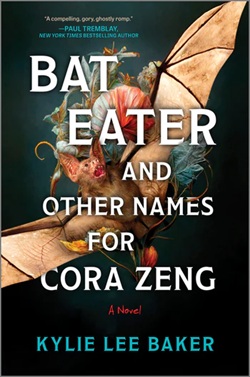
It sounds like it would be a downer, and it is indeed horrific and very depressing in parts, but it’s also gripping, active, exciting, sometimes very funny, loving, and hopeful.

